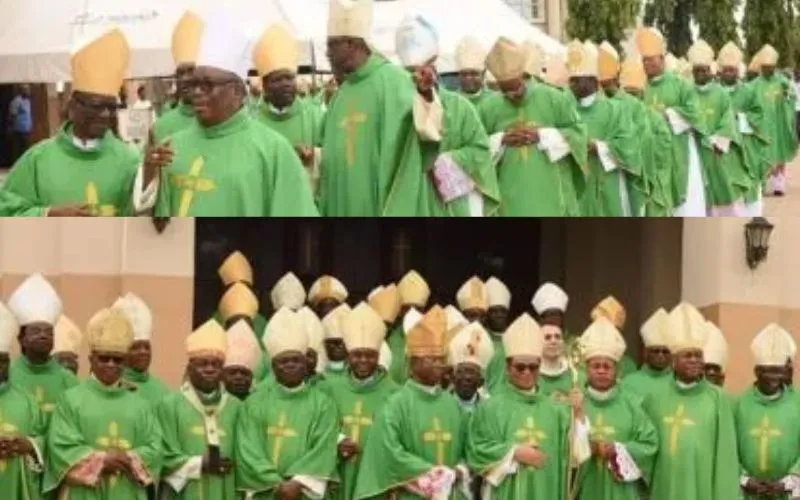They emphasize that charisms are meant to build up the body of Christ; they are not for personal glorification.
“As pastors vested with the oversight function over the pastoral life of the Church, we call on all who want to use their charisms for the Church and not against her, to submit themselves to the competent authority, abiding by the rules and regulations established by the Church and Catholic Bishops’ Conference of Nigeria in this regard,” CBCN members say.
In their communiqué following their second Plenary Assembly in 2024 that concluded on August 30, Catholic Bishops in Nigeria call upon the faithful to be vigilant of “those who while claiming to be Catholics set up ‘ministries’ that are not under the pastoral or spiritual guidance of any competent ecclesiastical authority.”
They caution the faithful against individuals claiming to be Catholic while establishing ministries that lack the pastoral or spiritual guidance of any competent ecclesiastical authority.
No ministry, association, or institution may bear the name “Catholic” without the express permission of the competent authority, they say in the statement that CBCN president, Archbishop Lucius Iwejuru Ugorji and secretary, Bishop Donatus A. Ogun , co-signed.
Nigeria’s Catholic Church leaders also echo their August 15 statement in which they condemned, in “strongest terms”, abuses during Liturgical celebrations in the West African nation, urging Priests and Bishops to take “immediate action” to restore the dignity and sanctity of worship.
In their statement following their Plenary Assembly, they express concern about deviations in liturgical practices, including “unduly lengthy Eucharistic celebrations, excessive monetary collections, and a lack of silence and decorum” during public worship.
Referring to Canon 846 and the February 2024 note on the validity of the Sacraments, Gestis Verbisque, CBCN members lament about “the unfortunate incident of altering the words and elements of the Sacraments at will at the risk of invalidating the Sacraments.”
They condemn the misuse of the exposed Blessed Sacrament during adoration, where they say it is sometimes treated as “an instrument for magical or theatrical display.”
They further criticize the “inappropriate manner of dressing by some priests and lay faithful” during liturgical celebrations, which they term “a direct affront” to the sanctity of the liturgy and a cause of scandal.








